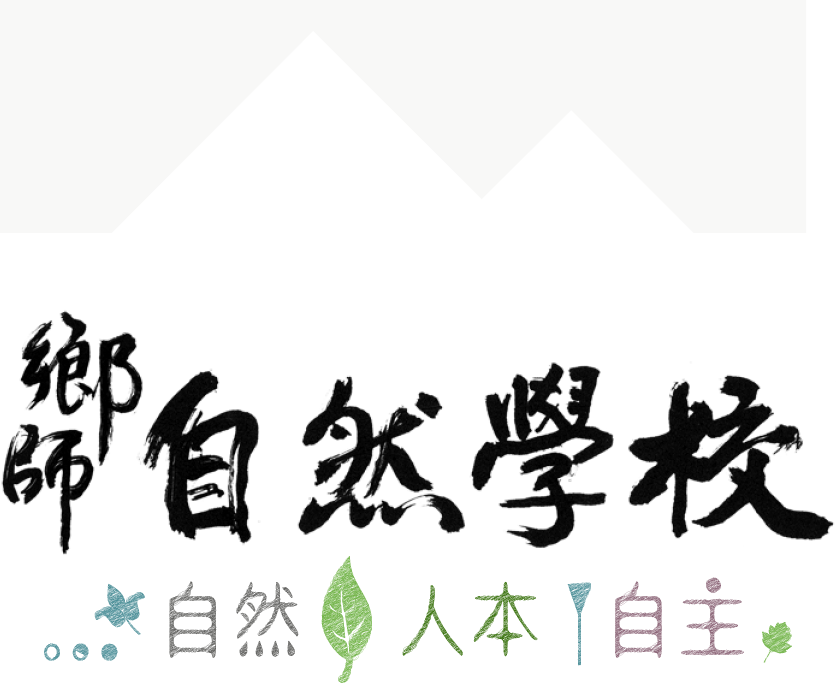Academic Education
Core Subjects include Chinese, English, Mathematics, General Studies, Visual Arts, Physical Education and Music.
We value learning experience over learning outcomes. Teachers would try their best to ensure a fun and challenging learning process for the children. With multiple class activities and games, children learn in an environment which encourages them to raise question and to look for answers, which develop their capabilities to solve problem and to learn by themselves. We write our unique school curriculum alongside with appropriate materials sourced from the market, with special attention to nature education.
Graduation project and graduation camp are two crucial and compulsory learning activities for our P.6 children.
In graduation project, each student would invite a teacher or an adult to be his/her mentor to facilitate his/her independent learning project on subject he/she decides. He/she would then spend a semester on completing the project and would deliver a presentation to the whole school at the end of the semester to share his/her findings and accomplishment. Some examples include fashion design, ‘Man in the Wild’, ‘Conquering the MacLehose’, Martial Arts, travelling around Taiwan on bike, Hong Kong Rangers, surfing, animation making, etc.
In graduation camp, P.6 students whom should have acquired .necessary camping technique through years of learning and practices are required to apply what they have learnt and spend 5 days in the wild. Teachers and children share their point of view on life, education, friendship and many more in-depth topics on the long nights in front of the bonfire.
Life Education
We believe a child whom can take care of oneself and plan for his everyday living should be strong in learning. Nonetheless, the art of living cannot be taught through words or languages, nor through a structured lesson. Some life skills and civic literacy, such as leadership skills, communication skills, presentation skills, problem-solving abilities, self-management and pursue for democracy, etc. could not be acquired through academic studies. These skills are not only important to life, but also help trigger greater motivation in learning. Life education is more than a pure rational learning system. It is an experiential learning process which involves multiple contents, such as the Court, the School Meeting and life teachers, etc.
1.Green Living
At school, children learn about green living through imitating how teachers live and act. Through living in an environment and atmosphere pursuing green lifestyle, children learn to appreciate, value and protect living and non-living objects.
2.The Court
Conflicts among children and adults would be presented to the Court and managed by the judges (performed by teachers and senior form students) on a regular basis. Judges would listen to both side and then rule the case. The judges would decide on the consequences once the offence is confirmed valid.
The Court demonstrates fairness, rightfulness and transparency in solving inter-personal conflicts. Children have a way to voice their discontent and they could step into others’ shoes while other people voice their opinion. On the other hand, as a demonstration of civic engagement, teachers and students could seek for a meaningful and rational amendment on the School Convention when it is necessary.
3.The Meeting
All teachers and students would have a school meeting together regularly to report and discuss on school matters. Previous discussion topics include: Could we keep rabbits at school? , Regulation on paper plane flying and cycling, etc. Being encouraged to voice their opinion and to engage in discussions, students learn to respect and communicate with one another and eventually learn to manage oneself.
4.Electives
There are different electives for students to choose from every week, which includes hockey, science and experiment, green arts, guitar, water-ink painting, etc.
Values
Teaching and learning happen spontaneously, regardless of time and space. Every interaction could be a point in learning and an embodiment of the integration of living and learning.
Teach by examples. Teachers influence the children by how they act and live.
Nature and social environment are important to teaching and learning.
Teaching children according to their unique talents and abilities.
Teachers give positive feedback to children.
